Entrepreneur Profiles
Kingo Raises Series B to Bring Pre-Paid Solar to Central America
1 November 2017
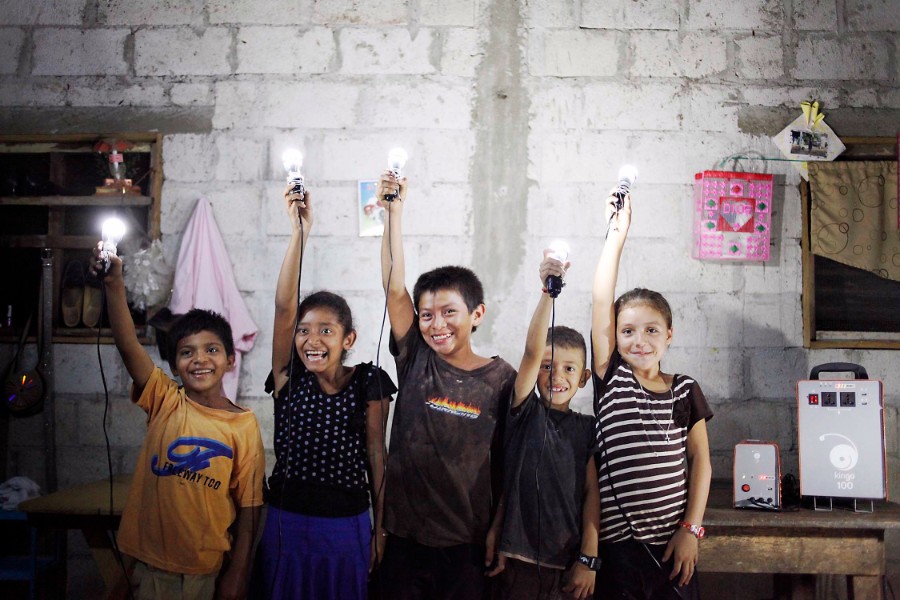
Company: Kingo
Founder: Juan Fermín Rodriguez
Investors: ENGIE, FCP, FMO, Proparco, and H-Reff, PeopleFund
Kingo, a Guatemalan startup providing pre-paid solar energy kits to almost 50,000 low-income households across Central America, raised a US$8m Series B from a group of investors that includes Engie, FCP, the innovation fund of Colombian utility EPM, and development banks FMO, Proparco, and H-Reff. In this interview with Kingo founder & CEO Juan Fermín Rodriguez we discuss building a “conscious enterprise” to bring electricity to off-grid communities and the urgent need for energy innovation globally.
LAVCA: How did you start Kingo, and what were you doing before?
Juan Fermín Rodriguez: After working at P&G for almost six years I realized that working at a big corporation was no longer fulfilling and decided to invest all of my time and energy into something that generates value and facilitates the progress of people.
Growing up in Guatemala, you get used to being exposed to opportunities to help others and something that always struck me was the idea that in today’s modern world, a great share of the population lives without electricity. After researching existing alternatives, and scoping the situation, I came to an understanding of the vast space available to innovate and decided to go for it.
LAVCA: Would you call Kingo a startup, social enterprise, something else?
Juan Fermín Rodriguez: Although we are a fairly new to the industry, and our company culture assimilates that of a startup, Kingo has evolved into what we call a “conscious enterprise.” The scalability of the business model and the essence of what we do forces us to grow quickly and mirrors characteristics of a typical enterprise, while embracing sustainability in all aspects of business.
I guess this balanced mix of structure and spontaneity is what makes Kingo different and allows us to push the bar further and further as we build the utility of a “new-age.” We understand that in the future, companies that recognize the negative externalities they generate, while aligning their mission to that of the world, will be the biggest and most prominent companies out there.
LAVCA: How have you funded the business to date?
Juan Fermín Rodriguez: The company has raised four different rounds of equity, totaling US$20m in investment over the last 4 years. Earlier this year, the company raised its first US$4m senior debt.
Access to capital has allowed Kingo to maintain a high rate of growth since its inception. The Company has attracted a group of global A-list investors, from the likes of the biggest utility in Europe (Engie), to the largest utility in Latin America (EPM), the Dutch Development Bank (FMO), and the French Development Bank (Proparco), both of whom are going to provide serious amounts of debt in the next years for Kingo’s global expansion.
Access to capital has allowed Kingo to maintain a high rate of growth since its inception. The Company has attracted a group of global A-list investors, from the likes of the biggest utility in Europe (Engie), to the largest utility in Latin America (EPM), the Dutch Development Bank (FMO), and the French Development Bank (Proparco), both of whom are going to provide serious amounts of debt in the next years for Kingo’s global expansion.
LAVCA: What is your current market, and what is the big picture market you want to address with Kingo products?
Juan Fermín Rodriguez: The current focus of Kingo is to bring prepaid electricity services to off-grid communities, since 17% of the world’s population still lacks access to power. Access to electricity represents one of the biggest restrictions for progress, as it is the base for all productive activity.
17% of the world’s population still lacks access to power.
These 1.2 billion people pay for the most expensive energy substitutes (candles, kerosene, diesel), making solar more affordable in these markets, versus in any other segment of the economy. Yet, Kingo’s long term vision is to become the largest utility in history through the use of distributed renewable energy services. We aim not only to eradicate the lack of access to electricity, but also to play a spearheading role in the transition from the world’s energy consumption in becoming 100% renewable.
 LAVCA: How did you explain the opportunity to foreign investors?
LAVCA: How did you explain the opportunity to foreign investors?
Juan Fermín Rodriguez: Energy is one of the grandest challenges facing humanity, and something we interact with on a daily basis. Picturing that 1.2 billion people live without electricity is easy, and even more so, becoming fully aware of the detrimental process that is burning fossil fuels for energy. Yet, people live oblivious to these facts and chose to disregard the process behind things we take for granted, like turning the light switch on.
When you highlight these ideas, it’s easy for anyone (investor or not) to understand the gravity that bears the problem of energy, and the urgent need to innovate in this space. The opportunity of disrupting the energy sector is grand, as with the advancement of solar energy and new battery storage technologies, it is 100% probable that there will be a transition from centralized dirty power, to distributed green power.
LAVCA: Kingo has attracted a number of strategic investors. Anything you can share about who you decided to work with, and why?
Juan Fermín Rodriguez: Kingo’s business model and vision require engagement from distinct investors who strive to promote sustainable development and the emergence of exponential technologies, while achieving financial returns for its stakeholders, and social returns for the world. In particular, Kingo seeks to engage with investors that already navigate the energy sector, and understand the urgent need to innovate the traditional grid—something that has not happened for more than 50 years.
Kingo seeks to engage with investors that already navigate the energy sector, and understand the urgent need to innovate the traditional grid—something that has not happened for more than 50 years.
LAVCA: Are there any startups/social enterprises in other markets that you share information with or collaborate with? Have you taken inspiration from what ENGIE investments Fenix International or Angaza are doing in Africa?
Juan Fermín Rodriguez: Traditional off-grid solutions operate with a pay-as-you-go (PAYG) business model, which rely on micro payments to subsidize high upfront technology costs. This mechanism for providing electricity generates impact on the short run, as once an individual obtains ownership of a system, he or she becomes liable for maintenance costs and repairs, which are hard to bear by this segment of the market.
In contrast, Kingo retains ownership of the equipment, which allows us to provide a perpetual warranty that covers all system repairs, battery replacements, and most importantly, a constant delivery of more power and access. Kingo renews the technology every 4 years, letting users ride the wave of technology innovation. Moreover, by retaining ownership of the equipment, the company can continue investing in the development of a distributed smart grid that will allow for sustainable worldwide electrification.
LAVCA: What has been one of your biggest challenges so far?
Juan Fermín Rodriguez: Although Kingo can provide its technology in regions that lack mobile connectivity, operating in offline environments is a significant technical challenge. Moreover, looking into the future and the elements required to create the smartest grid known to mankind, the integration of emerging exponential technology, such as the Blockchain, will definitely be an exciting challenge.
LAVCA: Any thoughts on how technology solutions like Kingo could be used in disaster relief?
Juan Fermín Rodriguez: At Kingo, we are driven by the impact we generate and live to impact more people everyday in a more profound way. Our service could aid nations during disasters and is something that we are looking to incorporate into our business model in the near future.
We believe that by having distributed energy solutions, either through individual systems per home or micro-grids, there won’t be a need to have disaster relief plans. Using distributed solar and micro-grids off the bat decreases power outages and infrastructure vulnerability dramatically. Through our existing business model we hope to contribute even more in remediating our planet’s unsustainable progress, and its fallouts.
…there won’t be a need to have disaster relief plans. Using distributed solar and micro-grids off the bat decreases power outages and infrastructure vulnerability dramatically.
You may be interested in...
-
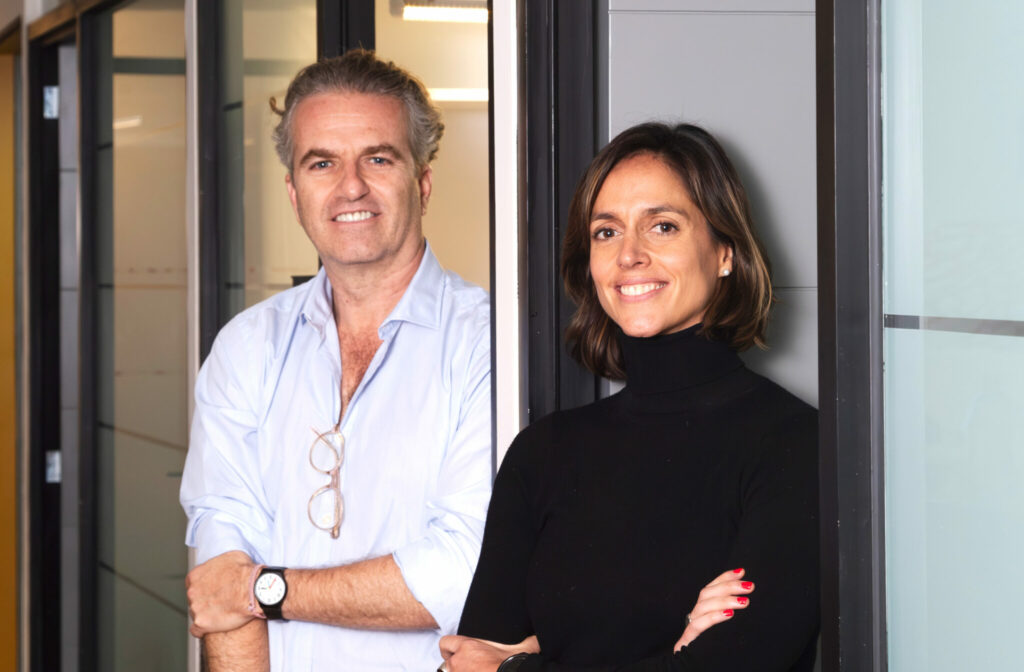
Is AI a Thing in Latin America? In Conversation with Hi Ventures
LAVCA sits down with Hi Venture to discuss their evolving thesis and vision for...
-
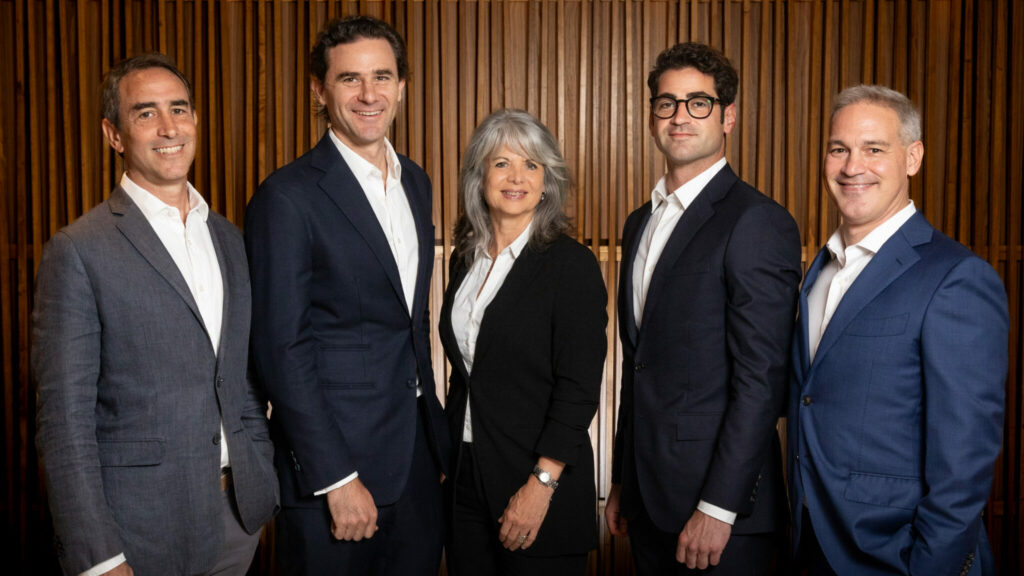
The Future of B2B Startup Investing in LatAm: In Conversation with NXTP
NXTP Ventures recently reached a USD98m final close for NXTP Fund III, its third...
-
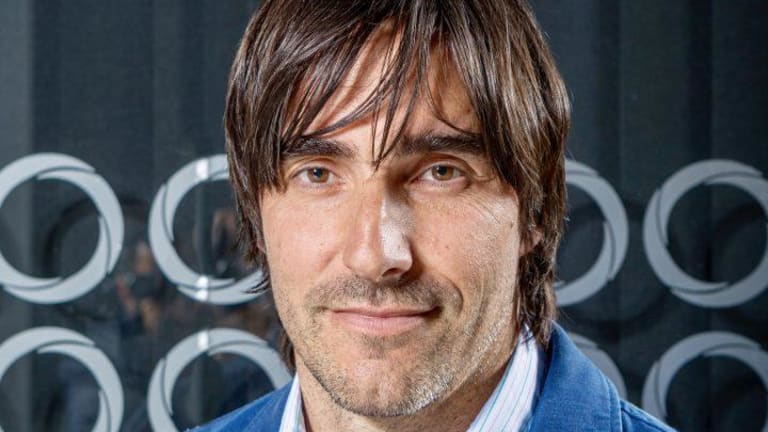
A 20-Year Journey: An Interview with Technisys CEO Miguel Santos
Company: Technisys Investors: KASZEK, Dalus Capital, Riverwood Capital Interview...
-
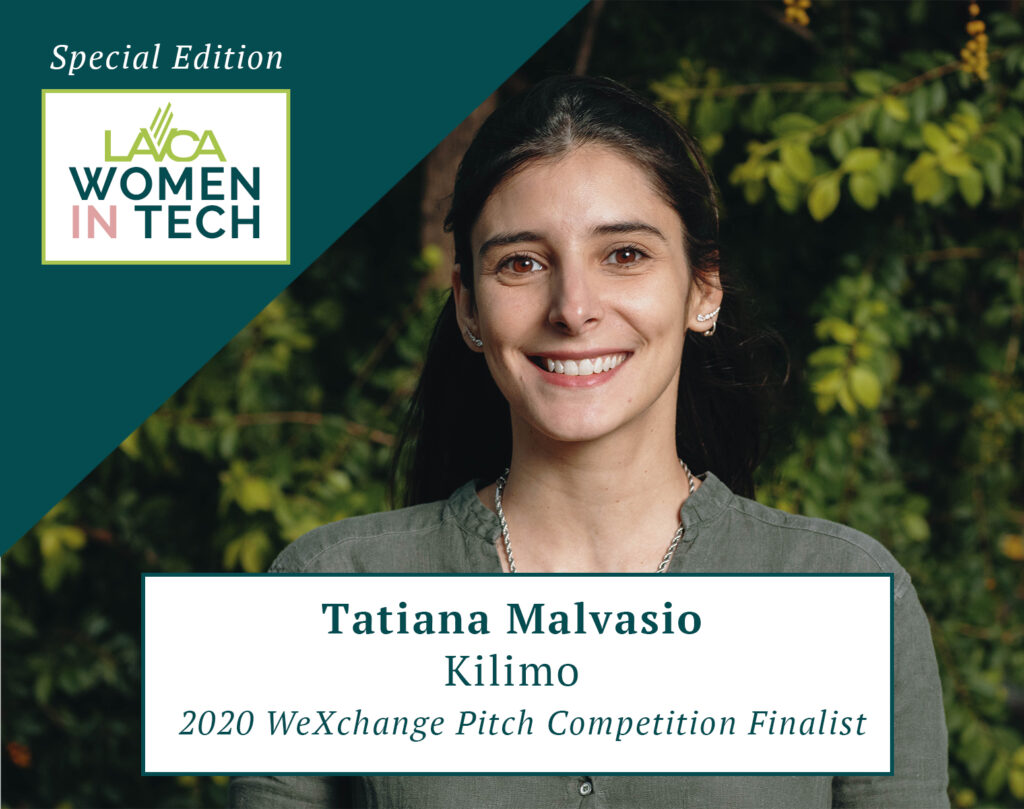
Satellite Analytics & Irrigation Systems: Interview with Kilimo COO Tatiana Malvasio
Company: Kilimo Investors: NXTP Ventures, Alaya Capital, The Yield Lab, Xpand...